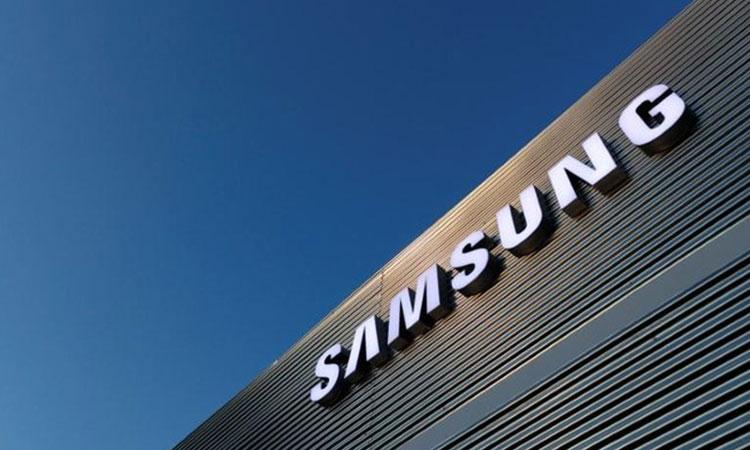Samsung Electronics said on Thursday it is likely to report its best second-quarter earnings in four years on the back of solid chip demand.
In its earnings guidance, the South Korean tech giant estimated its operating profit at 14 trillion won ($11 billion) for the April-June period, up 11.38 per cent from a year ago.
Its Q2 operating income estimate is slightly lower than analysts' earnings expectations of 14.5 trillion won in the data compiled by Yonhap Infomax, the financial arm of Yonhap News Agency.
Samsung projected its sales at 77 trillion won in the second quarter, up 20.94 percent from a year earlier. The figure is above the market consensus of 76.7 trillion won.
Also read | Mobile broadband adoption faces key barriers in Asia Pacific in 5G era
The world's largest memory chip and smartphone maker did not break down the performances of its respective business divisions. It will announce the detailed earnings later this month.
Strong demand for memory chips used in servers and data centers continued to support the tech company's solid performance in the three months ending in June. Global shipments of DRAM and NAND Flash both rose by 9 per cent and 2 per cent year-over-year, respectively, during the period.
But an inflation-driven drop in consumer spending led to the slowdown in the global smartphone and TV businesses, hurting the tech giant's bottom line.
Samsung's smartphone shipments are estimated to come in at 61 million units in the second quarter, a 16 per cent drop from the previous quarter. Operating profit of the division is likely to drop 600 billion won from a year ago to 2.6 trillion won.
Also read | IBM acquires Databand.ai to boost data observability biz
Analysts are projecting a gloomy forecast for the second half, as the ongoing war in Ukraine, rising inflation and China's COVID-19 lockdowns are dragging down demand and further squeezing consumer spending.
Global shipments of consumer devices, such as mobile phones and PCs, are on pace to decline 7.6 percent this year, according to technology research firm Gartner.
The negative outlook also raises fear that the semiconductor industry is heading into a down cycle amid weaker demand and excessive inventories.


















